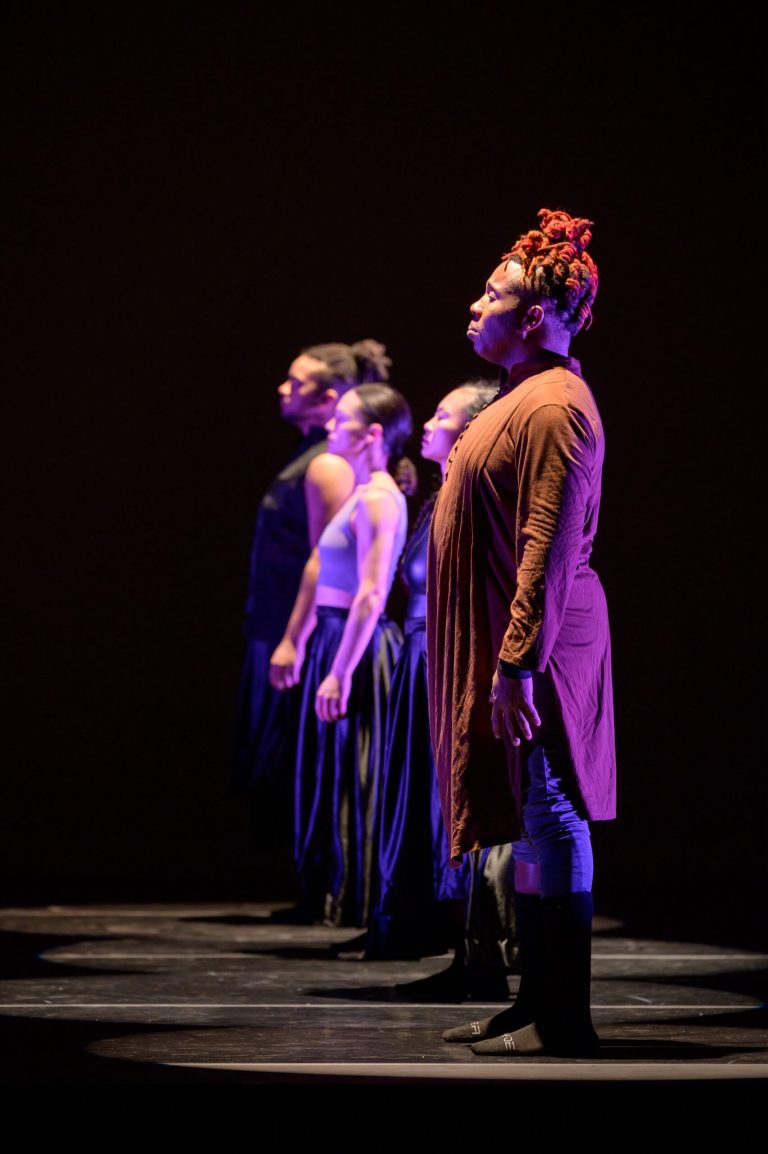AMANDA LAFFERTY ’21
MANAGING EDITOR
Adapted from the novel by André Aciman, the Oscar-nominated film Call Me by Your Name is a modern love story that presents a timeless approach to young romance, set in early 80s northern Italy.
Actor Timothée Chalamet portrays Elio, the multi-lingual 17-year-old who calls Italy a second home every summer and holiday season, due to his father’s research as a professor of archaeology. As the film progresses, Elio becomes entranced by Oliver, played by Armie Hammer, a graduate student who becomes the annual summer resident at the professor’s Italian villa.
Director Luca Guadagnino matches the novel’s attempt to tell the story through Elio’s narration. The story begins with an acknowledgement of their relationship and molds it into a slower progression better fit for the big screen. He creates tension between the two so that their friendship and eventual love seems intangible throughout most of the beginning of the film.
Call Me By Your Name expertly draws out the development of Elio and Oliver’s relationship. Though it later becomes obvious that Oliver has a natural attraction to Elio, it is Elio who first sparks their involvement and pursues Oliver romantically. Their friendship is pure, as they ponder over various novels and composers and discuss Elio’s musical abilities. Yet there are also beginnings of physical chemistry when the two go swimming in the local river or dancing at local bars to “Love My Way” by The Psychedelic Furs.
Elio is somewhat cautious of the relationship and navigates his already developed passion towards Marzia, a French girl with whom Elio has sex. This is something he brags about to Oliver, hoping to make his older friend envious. Elio grows distant from Marzia, however, as he fully realizes his feelings for Oliver. A “back and forth” begins between the two young men, which leads to a fateful kiss. It’s the anticipation of sensual love scenes that fully encapsulate the passionate relationship between the two characters. Guadagnino chose to noticeably adapt these scenes from the book, choosing to avoid explicit sex. Within the novel, the language used paints a vivid image in the reader’s mind during any of the intimate moments between Elio and Oliver. Even the infamous peach scene is toned down from the language used in the novel. Guadagnino was considering not including scenes such as these at all. In an interview with Vulture, the director said, “I didn’t want something that could be exploitative, sensationalist, or even involuntarily ridiculous. So it was a process, a long process.”
The summer inevitably comes to an end, though its clear the love between the main characters doesn’t. It is not until near the ending that the most memorable scene of the film arrives confirming Michael Stuhlbarg’s immense acting capabilities. Anyone who has seen the film will have had a powerful reaction to it. In the scene, Elio and his father (Stuhlbarg) have a conversation about Oliver. Elio’s father alludes to the fact he knows about the true nature of Elio and Oliver’s relationship, and speaks to his son in such an empathetic, powerfully written, and heart wrenching manner that his performances equals those of his younger costars.
Guadagnino hits the audience with another punch to the gut when Elio’s family returns to the villa during the Hanukkah season. All seems as though it is back to normal for Elio, until he receives a call from the long-departed Oliver. The audience discovers Oliver is engaged to a woman. Elio’s pain is felt through the screen as he whispers his own name to his former lover, invoking the titular name game. The tears are held back at first, but only until Elio crouches by the fireplace staring into the fire. This is where “Visions of Gideon” by Sufjan Stevens perfectly fits the melancholy mood of Elio. The distinctive lyric, “I have loved you for the last time… I have touched you for the last time” affirms the end of their romance. It also points out the fact that Elio and Oliver never say “I love you” to one another. They simply didn’t need to put it into words because of their magnetic connection to each other, which is a level of love many aspire to feel and experience.
 The soundtrack, filled with classics from the 80s and originals from indie rocker Sufjan Stevens, amplifies the sincerity the film already demonstrates through its genuine storytelling and dialogue. Sure, the novel and film depict love between two men but it’s not just a gay love story; it’s much more than that.
The soundtrack, filled with classics from the 80s and originals from indie rocker Sufjan Stevens, amplifies the sincerity the film already demonstrates through its genuine storytelling and dialogue. Sure, the novel and film depict love between two men but it’s not just a gay love story; it’s much more than that.
Will you ever look at a peach the same way again? Probably not. But hey, the peach already lost its innocence when it became associated with butts.
Thursday, February 20 2025
The Student Newspaper at Trinity College in Hartford, Connecticut



+ There are no comments
Add yours